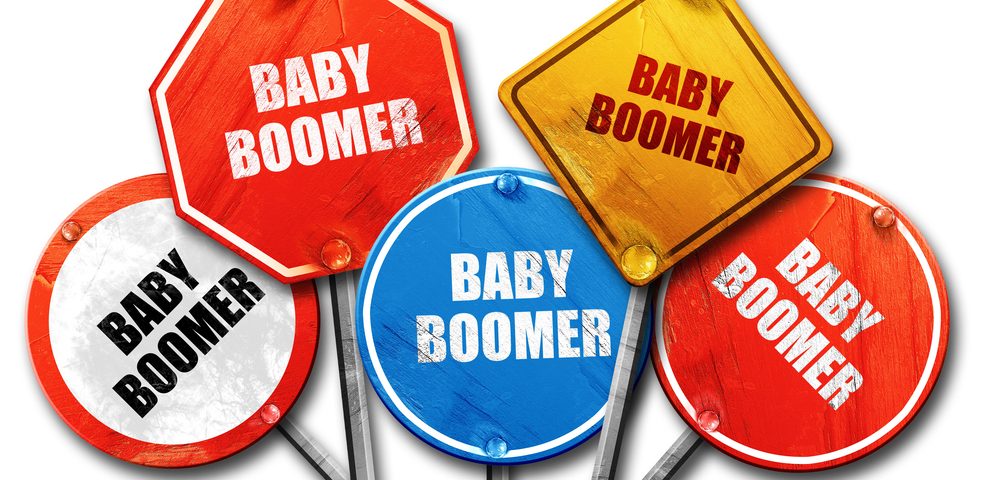Despite official recommendations, most Americans born between 1945 and 1965 aren’t being tested for hepatitis C virus (HCV). That’s according to a new study, “Recent Hepatitis C Virus Testing Patterns Among Baby Boomers,” recently published in the American Journal of Preventive Medicine.
“Approximately 3.5 million people are chronically infected with hepatitis C virus (HCV) in the U.S., 80 percent of whom are baby boomers,” wrote Ahmedin Jemal, PhD, and Stacey Fedewa, PhD, of the American Cancer Society’s Surveillance and Health Services Research. “Most infected individuals are not aware of their infections despite availability of treatments that may reduce their risk of HCV-related diseases, including chronic hepatitis, cirrhosis and liver cancer.”
In 2013, the U.S. Preventive Services Task Force (USPSTF) recommended that baby boomers should be tested for HCV to help control the spread of HCV-associated diseases. To investigate whether HCV testing actually increased following the USPSTF recommendation, researchers analyzed the medical data of 21,827 baby boomers.
Results showed that between 2013 and 2015, HCV testing slightly increased, from 12.3 to 13.8 percent.
Among insured adults, the prevalence of HCV testing was higher among those with Medicare plus Medicaid, Medicaid alone or military insurance. Testing was more frequent among men than women, and among people living with someone infected with HCV. Furthermore, those with less than or only a high school diploma were less likely to be tested for Hepatitis C than college graduates.
“Prevalence of HCV testing among baby boomers did not substantially increase, and remains low two years after the USPSTF recommendation in 2013,” researchers wrote. “Notably, only 10.5 million of 76.2 million baby boomers reported ever receiving HCV testing. These findings underscore the need for increased awareness for HCV testing among healthcare providers and baby boomers and other innovative strategies such as state-mandated HCV testing.”
Hepatitis C symptoms may include jaundice, fatigue, abdominal pain and joint pain. However, many people harboring the virus have no symptoms, and roughly 25 percent of those living with hepatitis C are unaware they have the disease.

